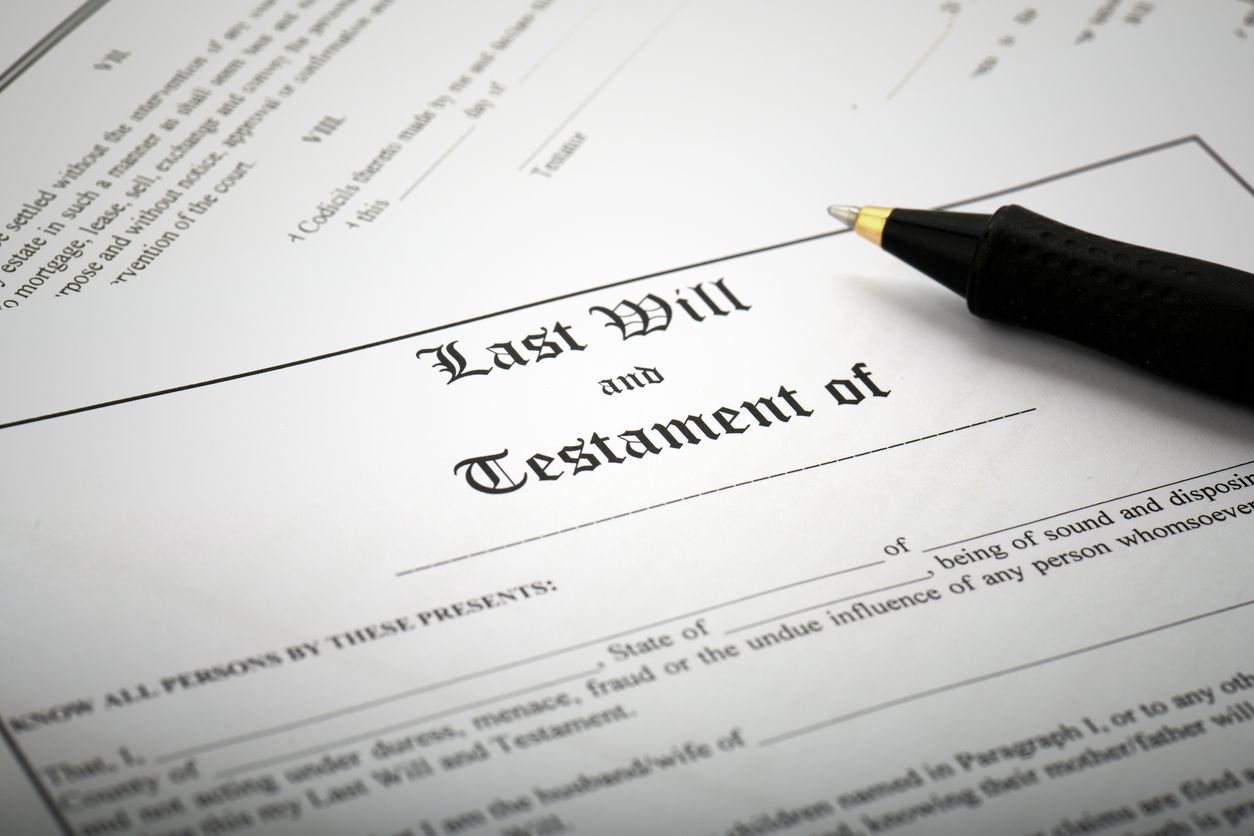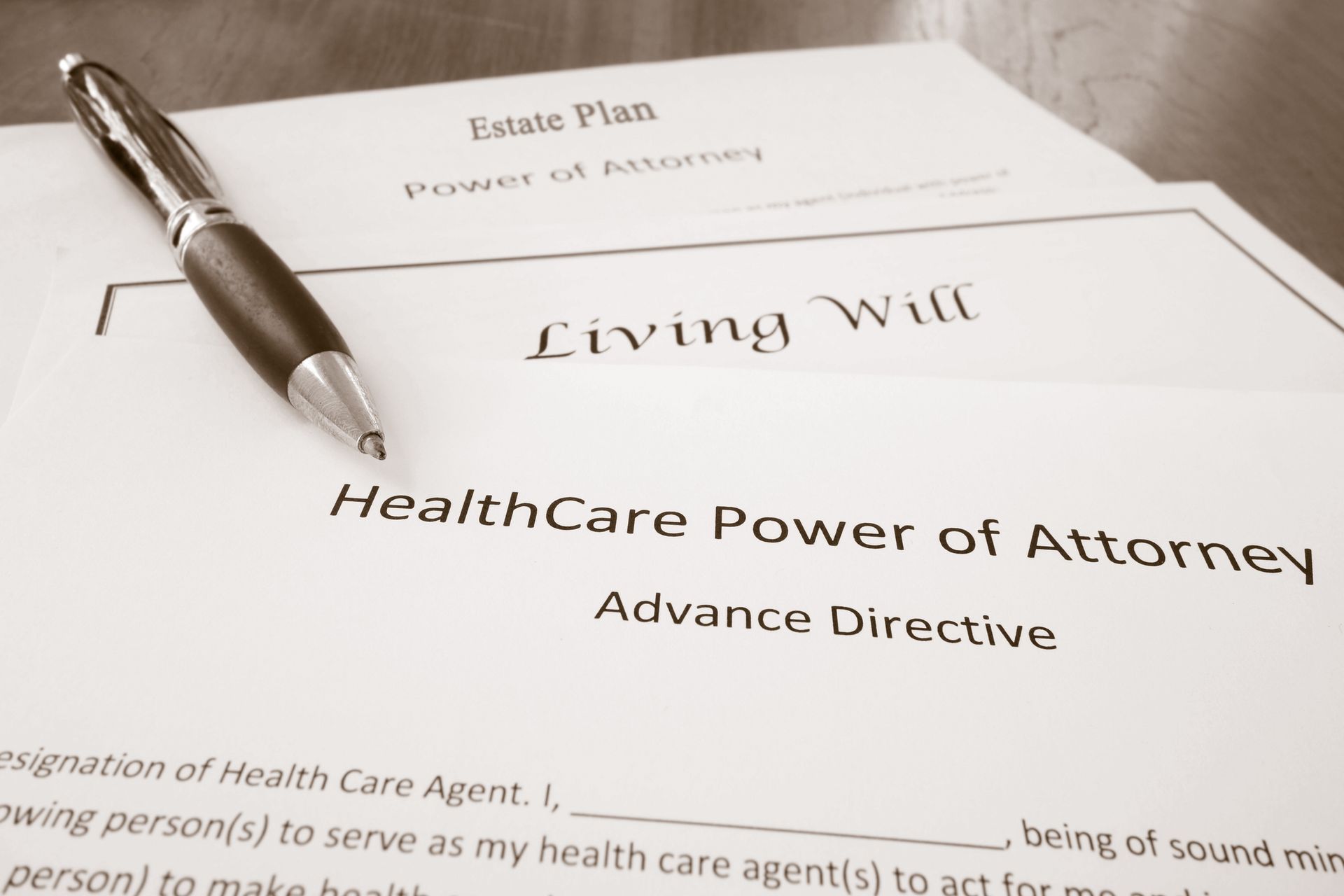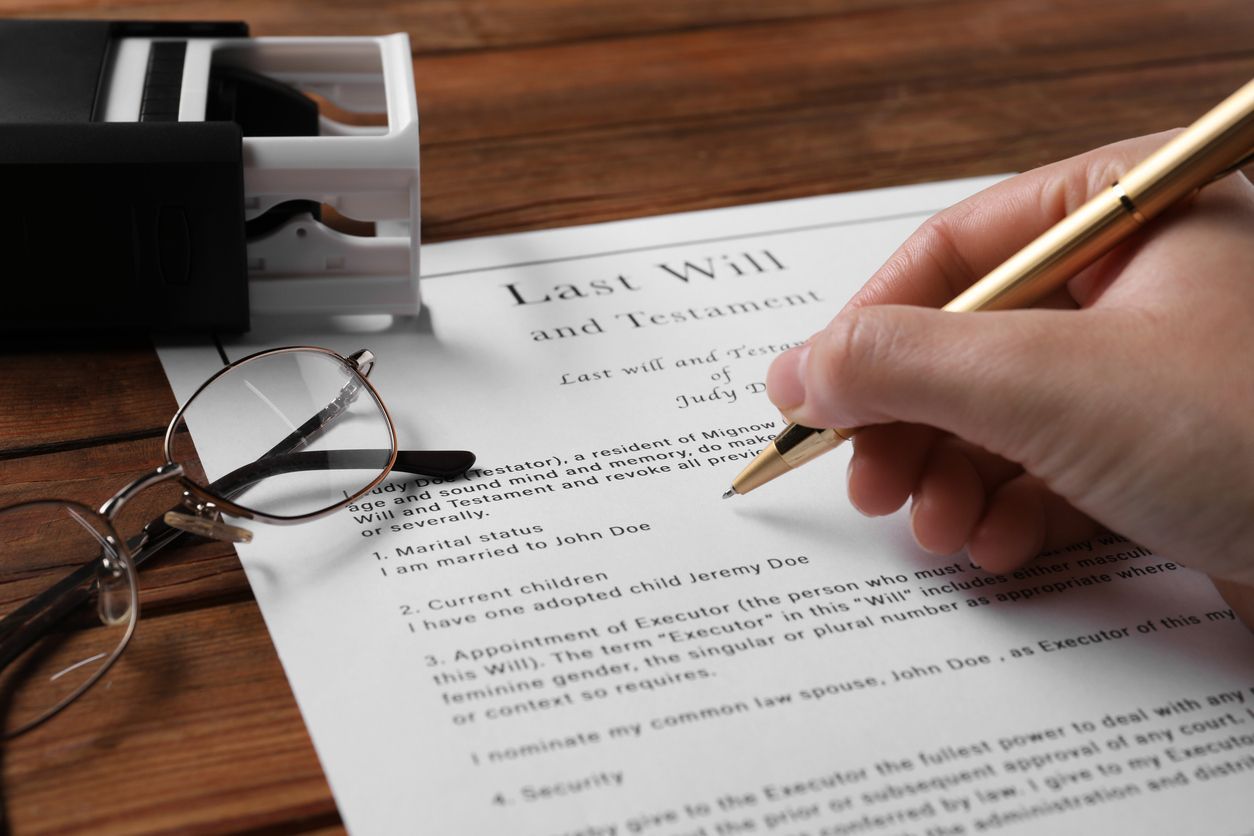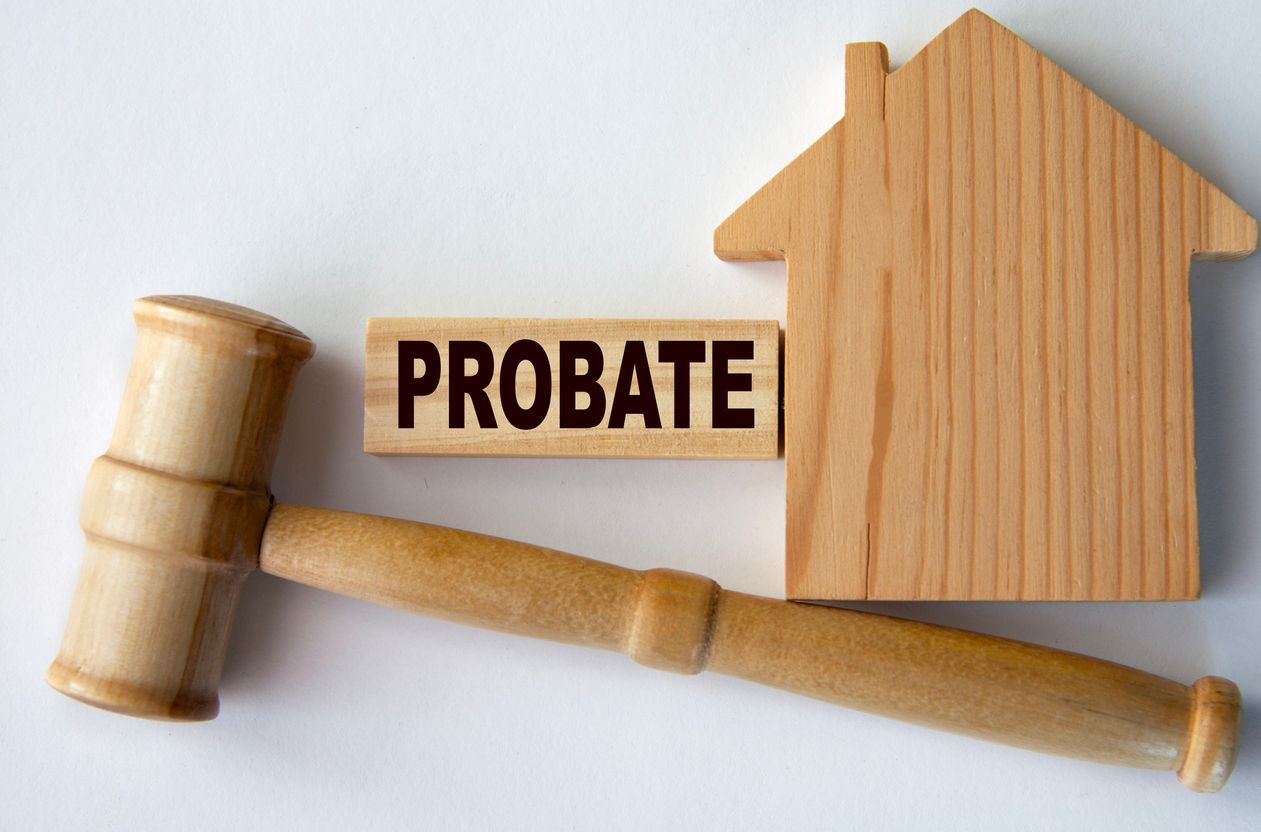Common Estate Planning Mistakes
Common Estate Planning Mistakes and How to Avoid Them

Estate planning is one of the most important steps you can take to protect your assets and ensure your loved ones are cared for after you’re gone. However, many people make critical mistakes that can lead to legal complications, unnecessary expenses, and family disputes.
At Ashley Ownby, Attorney at Law, we help clients in Tennessee create solid estate plans that avoid common pitfalls. In this blog post, we’ll outline some of the biggest estate planning mistakes and how you can prevent them.
1. Not Having an Estate Plan at All
One of the most common mistakes is simply failing to create an estate plan. Without a will or trust, your assets will be distributed according to Tennessee’s intestate succession laws, which may not align with your wishes.
How to Avoid It
Start planning as soon as possible. Even if you don’t have significant assets, a basic estate plan ensures your loved ones are taken care of and that your final wishes are honored.
2. Not Updating Your Estate Plan
Life changes—marriages, divorces, births, deaths, and financial shifts—can impact your estate plan. If you don’t update your documents, they may not reflect your current intentions.
How to Avoid It
Review your estate plan every few years or after major life events. Work with an attorney to make necessary updates to your will, trusts, or beneficiary designations.
3. Failing to Name Beneficiaries or Keep Them Updated
Many people forget to designate beneficiaries for life insurance policies, retirement accounts, and bank accounts—or they fail to update them after a divorce or death. This can cause assets to go to the wrong person.
How to Avoid It
Regularly review and update your beneficiary designations to ensure they align with your wishes.
4. Not Planning for Incapacity
Estate planning isn’t just about what happens after you pass away. If you become incapacitated due to illness or injury, who will make medical and financial decisions on your behalf? Without legal documents in place, the court may have to step in.
How to Avoid It
Create a durable power of attorney for finances and healthcare, as well as a living will to outline your medical preferences.
5. Choosing the Wrong Executor or Trustee
An executor (for a will) or trustee (for a trust) is responsible for managing your estate. Choosing someone who is not trustworthy, organized, or capable can lead to delays and disputes.
How to Avoid It
Select an executor or trustee who is responsible and understands your wishes. If needed, consult with an attorney to appoint a professional fiduciary.
6. Not Considering Taxes and Debt
Many people overlook estate taxes, income taxes on inherited assets, or unpaid debts. This can reduce the amount your heirs receive.
How to Avoid It
Work with an estate planning attorney to minimize tax burdens and ensure debts are addressed properly.
7. Relying Only on a Will (and Not a Trust)
A will alone may not be enough, especially if you want to avoid probate or have specific conditions for how assets are distributed.
How to Avoid It
Consider setting up a revocable living trust to help your estate avoid probate and ensure a smoother transition for your heirs.
8. Failing to Communicate Your Wishes
Many families face conflicts because they were unaware of their loved one’s estate plan until after their passing. Lack of communication can lead to confusion and disputes.
How to Avoid It
Have open conversations with your family about your estate plan. Let them know where your documents are stored and who will be responsible for carrying out your wishes.
9. Not Planning for Long-Term Care
As people age, they may require long-term care, which can quickly deplete their savings. Many individuals don’t factor this into their estate plan.
How to Avoid It
Explore options such as long-term care insurance or Medicaid planning to protect your assets.
10. DIY Estate Planning Without Legal Help
Online templates and DIY wills may seem like a cost-effective solution, but they often lead to mistakes that can cause legal issues for your heirs.
How to Avoid It
Consult with an experienced estate planning attorney to ensure your documents are legally sound and tailored to your specific needs.
Secure Your Future with Proper Estate Planning
Avoiding these common estate planning mistakes can save your family time, money, and stress. At Ashley Ownby, Attorney at Law, we’re here to help you create a comprehensive estate plan that meets your unique needs.











